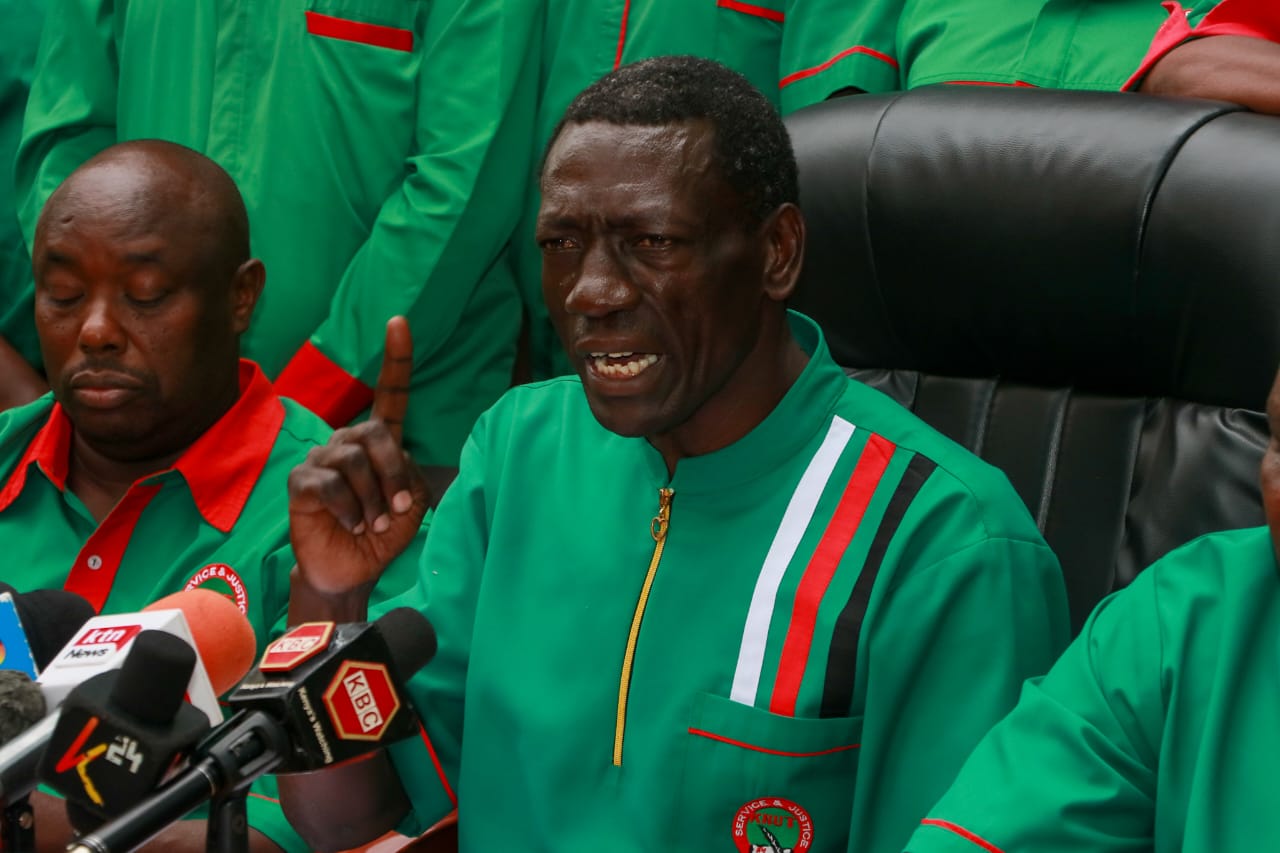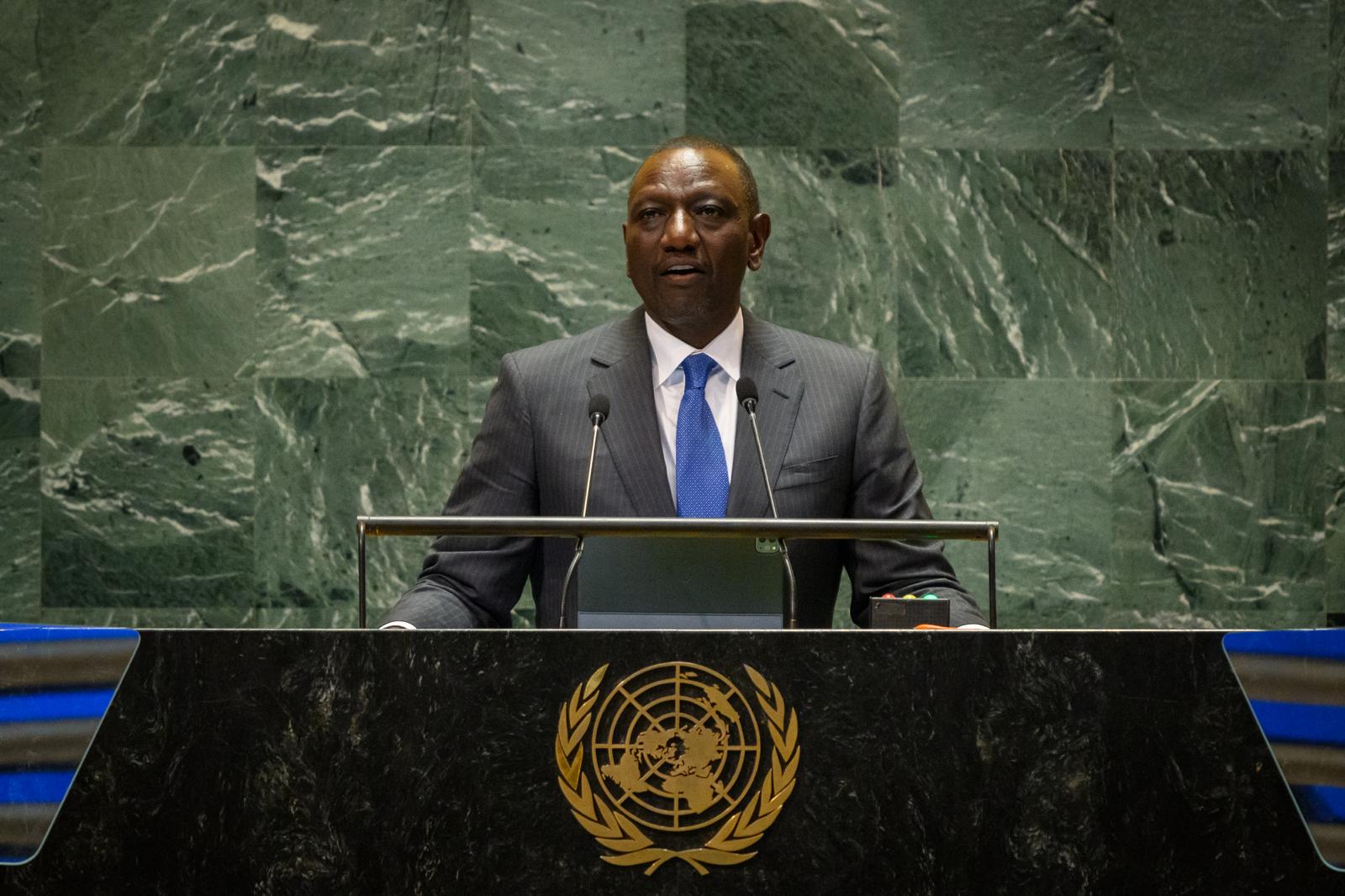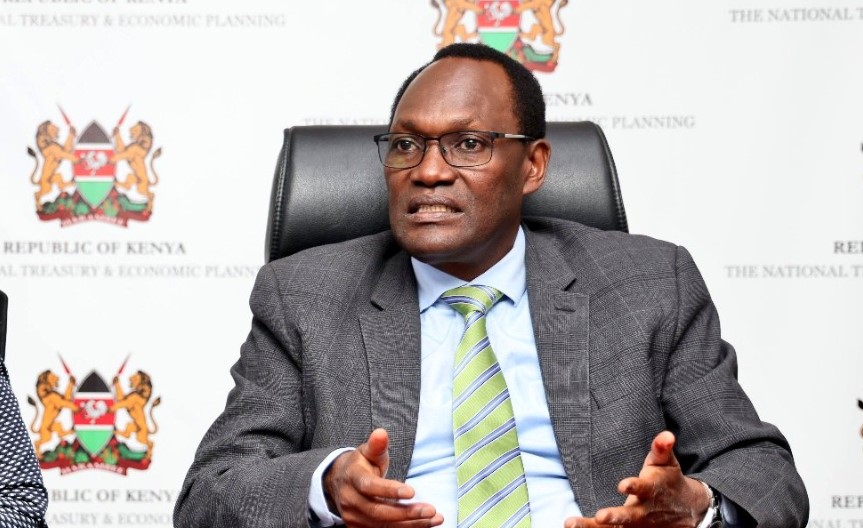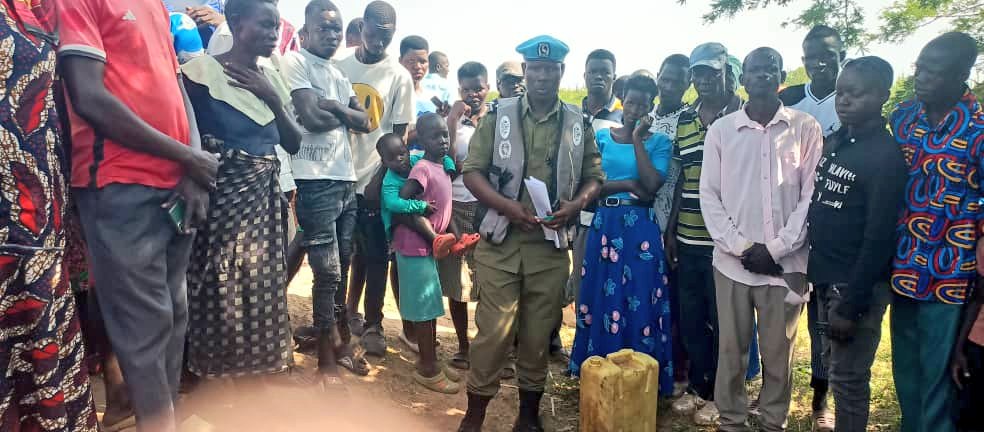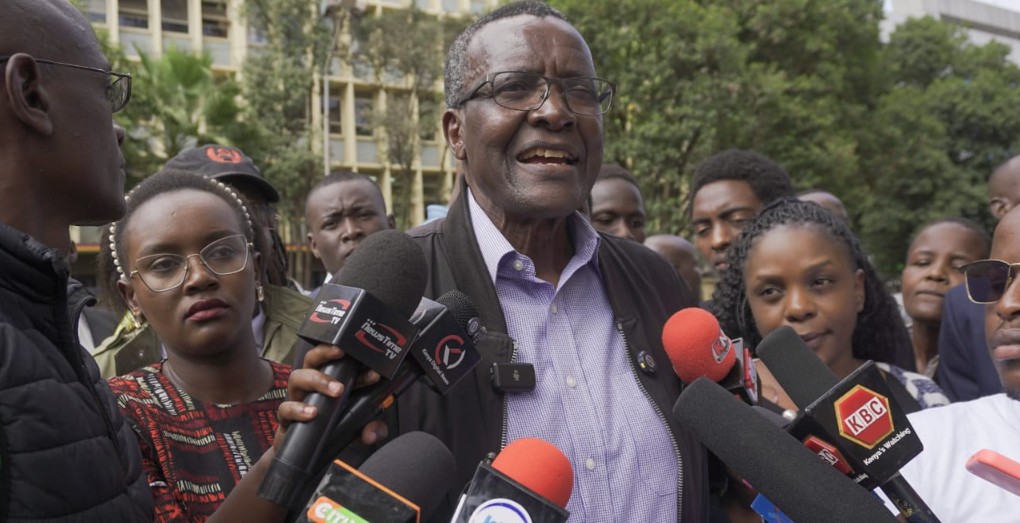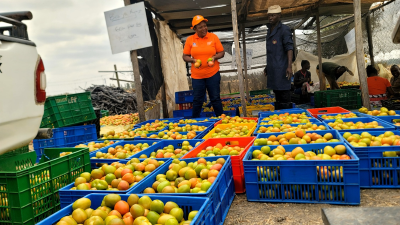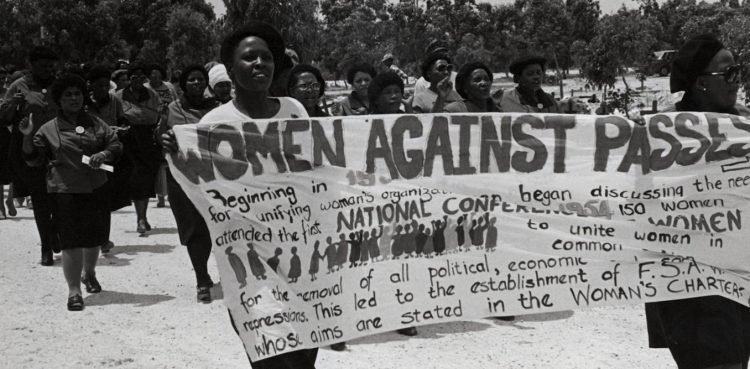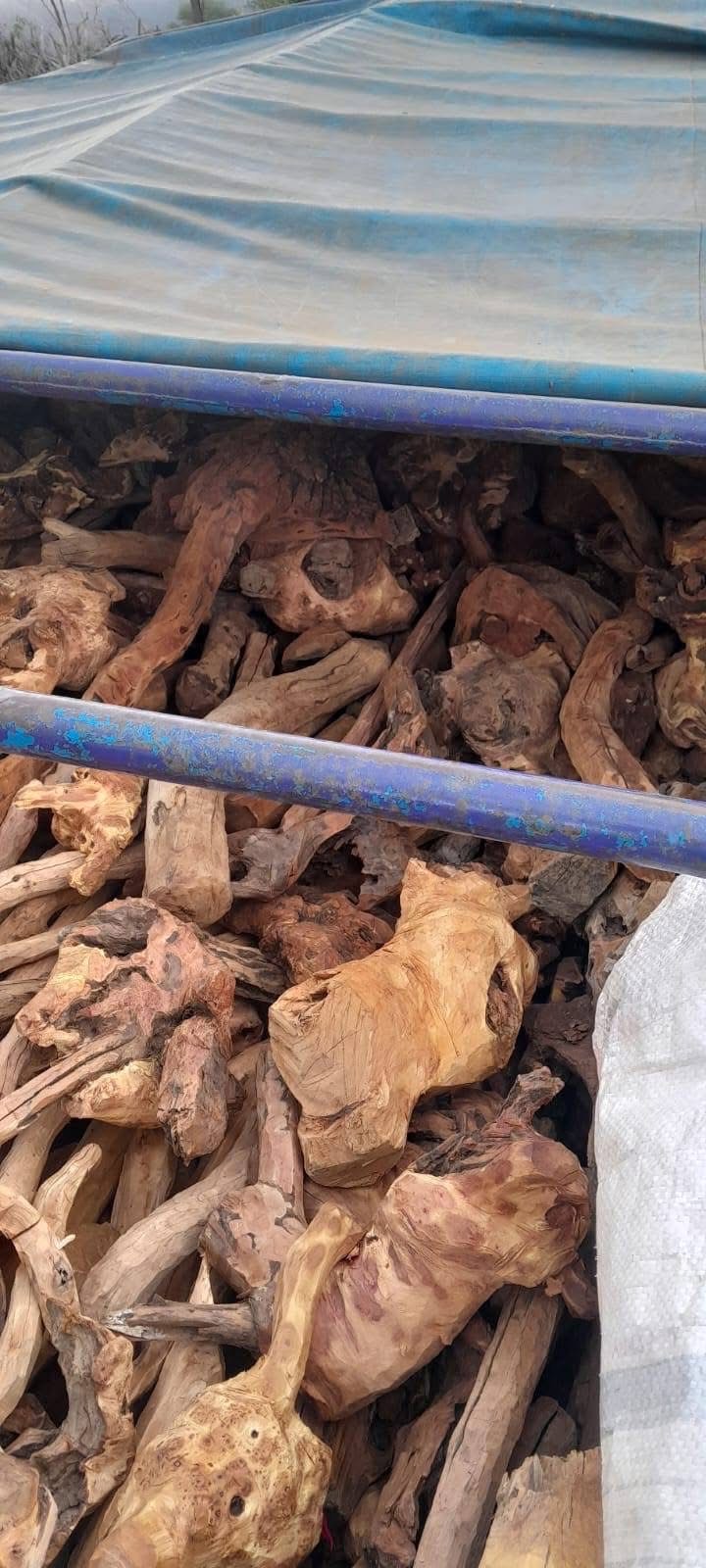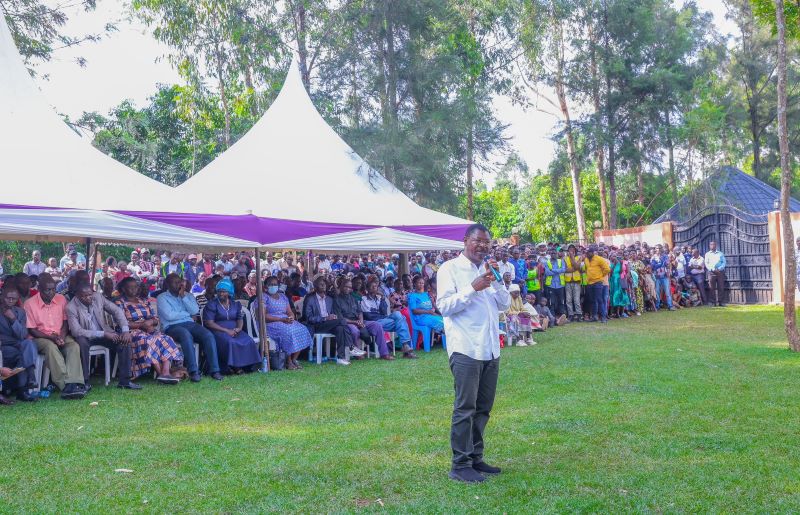Private hospitals to suspend SHA services from Monday over Sh76 billion debt
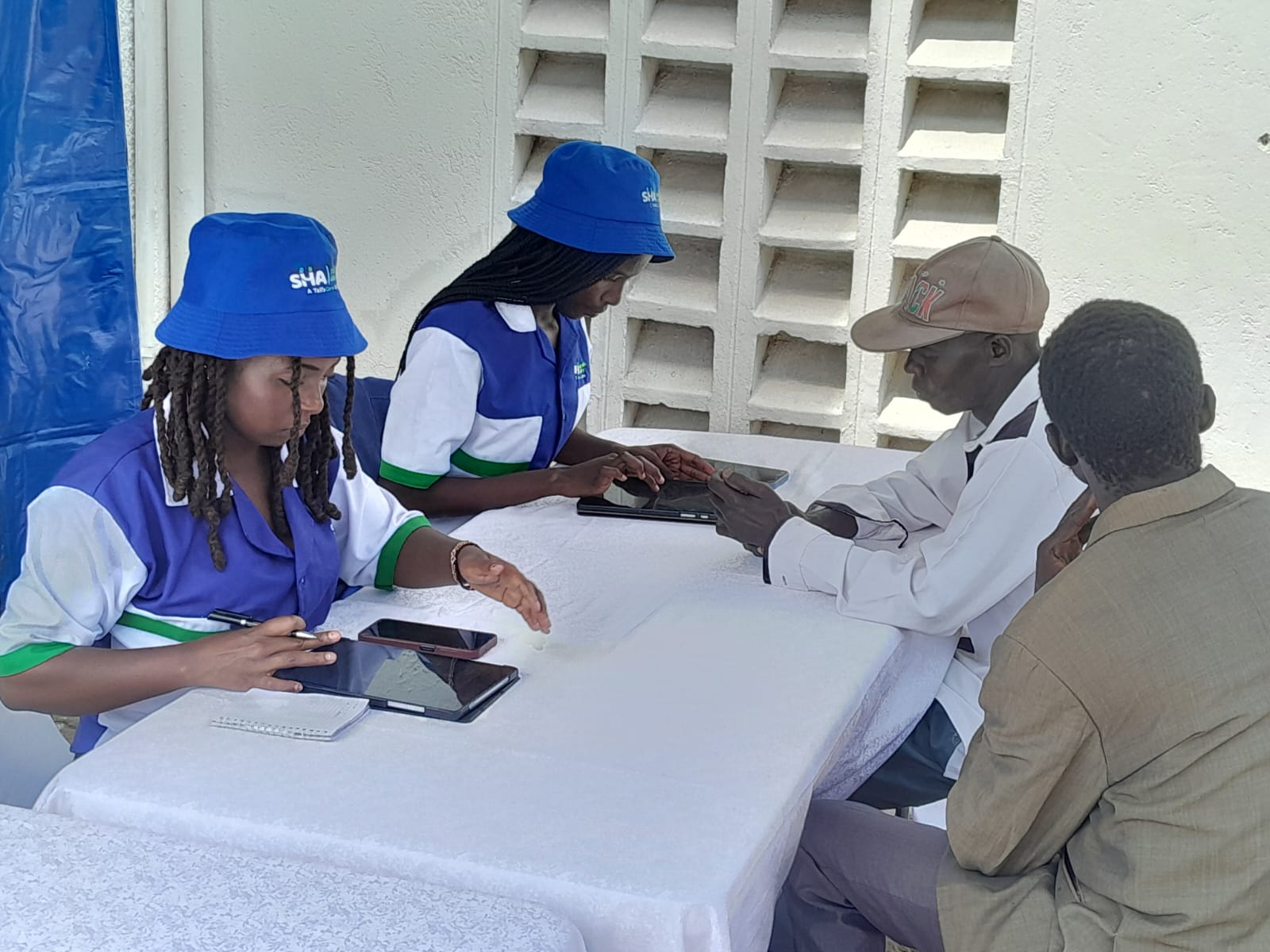
The facilities will stop serving patients under the scheme after the government failed to respond to their demands within the notice period that expired on Friday.
Private hospitals will, from Monday, September 22, 2025, suspend services for patients under the Social Health Authority (SHA) scheme following the lapse of a 14-day ultimatum demanding settlement of Sh76 billion owed by the government.
The Rural and Urban Private Hospitals Association (RUPHA) chairperson, Brian Lishenga, said the facilities will stop serving patients under the scheme after the government failed to respond to their demands within the notice period that expired on Friday.
More To Read
- Teachers’ unions reject plan to migrate them from Minet to SHA, demand proper consultation
- MoH rolls out new overseas treatment framework under SHI
- Ministry of Health gazettes list of 36 medical services unavailable in Kenya
- Teachers to shift to SHA medical scheme from December 1, says TSC
- MPs raise alarm over 'failing' digital health system in Kenya
- RUPHA exposes flaws in SHA’s multi-billion digital health systems
“Our notice expires tonight, and from Monday morning, we will suspend credit services to SHA,” Lishenga said.
Kenyans will now have to choose between public hospitals or paying cash for treatment starting Monday.
Lishenga added that members were disappointed the government had not sought an amicable solution, despite their warning that hospitals were on the verge of collapse.
He noted that the debt comprises Sh33 billion inherited from the defunct National Hospital Insurance Fund (NHIF) and Sh43 billion accrued under SHA.
“Hospitals are in crisis. Patients are struggling in many facilities; unless something changes, we risk mass closures, leaving Kenyans unable to access healthcare,” he said.
“We are willing to persevere through the current difficulties for another 14 days. After that, we only have two options: either we collapse or get auctioned off or the government pays us something to allow continued service delivery to Kenyans.”
The association had issued a strike notice on September 5, warning that facilities were sinking under mounting debts, rejected claims and arbitrary suspensions.
“Kenyan hospitals remain in severe financial distress due to delayed and inadequate reimbursements by the Social Health Authority. This is the lived reality of hospitals, not the narrative of ‘timely payments’ presented to the public,” Lishenga said.
He noted that 50 per cent of claims from lower-level facilities (Levels 2–4) remain unpaid, with general inpatient and surgical claims recording payout ratios of only 10 to 20 per cent.
By the end of August, healthcare providers had submitted claims worth Sh96.2 billion, but only Sh53 billion had been paid, leaving an outstanding Sh43 billion. Lishenga said this gap is pushing institutions deeper into financial distress.
He further pointed out that SHA collects about Sh5.4 billion monthly but faces claims of up to Sh8.7 billion, creating a monthly deficit of Sh3.5 billion.
He also accused the government of ignoring a presidential directive issued on March 5, 2025, which ordered the settlement of NHIF debts below Sh10 million.
“Today, claims are being rejected months after submission, without due process, denying hospitals rightful payments,” he said.
The association revealed that the biggest unpaid balances are owed to public and mission facilities, including Kenyatta National Hospital (Sh1.58 billion), Moi Teaching and Referral Hospital (Sh1.23 billion), Kenyatta University Teaching, Referral and Research Hospital (Sh540 million), and Nakuru County Hospital (Sh297 million).
Lishenga also faulted SHA for “arbitrarily deleting bed capacities, downgrading and suspending facilities,” saying such actions contravene the Fair Administrative Action Act and the Constitution.
To avert a collapse of healthcare access, RUPHA is demanding five key actions including immediate settlement of NHIF liabilities in line with the presidential directive, payment of at least 50 per cent of the Sh43 billion SHA backlog, activation of a claims clarification mechanism on the SHA portal, formation of a Dispute Resolution Tribunal to handle suspensions and downgrades and transparent publication of claims data.
“Without action, access to healthcare will collapse under the weight of debt. A Marshall Plan is urgently required to clear debts and redesign SHA sustainably,” Lishenga warned.
Meanwhile, President William Ruto on Friday announced that his administration will sponsor SHA insurance for 2.2 million vulnerable Kenyans.
“We are paying for 558,000 households, translating to 2.2 million Kenyans. We have over 6,000 hospitals where Kenyans can access medical services, and this is anchored in law,” Ruto said during the launch of the SHA Sponsorship Programme at State House, Nairobi.
The President handed over a Sh4.4 billion cheque to facilitate the programme.
At the same time, the government unveiled a framework for Kenyans to access overseas medical services under SHA.
In a statement, Health Cabinet Secretary Aden Duale said the Ministry has identified 36 healthcare services not available locally, which Kenyans will now be able to access abroad through SHA.
“This is a preliminary list, as the process of identifying additional interventions is continuous and will be guided by a comprehensive Health Technology Assessment (HTA),” Duale said.
He explained that referrals for overseas treatment will undergo a peer review process by the claims management office to ensure medical necessity.
Currently, SHA has capped claims at Sh500,000 for overseas services, an amount the Ministry said is subject to review after contracting and rate negotiations with accredited foreign providers.
Top Stories Today
